BT's new Openreach CEO on the fibre future
We speak to Openreach's new CEO, 35-year-old Olivia Garfield, about the state of British broadband and how BT is going to shape it.
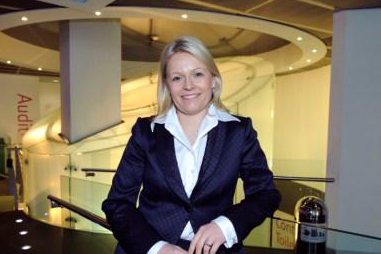

My view is that when you look at the UK, fibre is the right answer for 90 per cent of the people.
There is no commercial case beyond the two thirds for a single individual firm, but I believe you could get funds without going nuts on the money to get to 90 per cent.
It certainly takes a while to do fibre. We will do around a million [premises] a quarter going forward. We've done four million now, it'll be five million imminently in spring.
If you're looking at four million a year, and we've said by the end of 2015 we'd have done two-thirds, either you're going to have a commitment now that we need to do more, which requires an early decision on the process, or it means you would keep on running afterwards if there was funding available.
So, it's a question. With our current engineering size, we will do two thirds of the population by the end of 2015 we'd have to recruit if we were going to do it any faster.
How much responsibility should public bodies take for helping deploy fibre in the UK?
Well, we'll only do two-thirds. If anybody wants to go beyond the two thirds, it is going to require extra funding.
Sign up today and you will receive a free copy of our Future Focus 2025 report - the leading guidance on AI, cybersecurity and other IT challenges as per 700+ senior executives
What we need to do in the short term is just make sure we've created a really slick fibre process. Then if somebody comes to us and says we'd like more help, we're in a position to give that help.
Virgin has been making strides in the fibre department, what do you make of their efforts?
Virgin has been making strides? In what way?
Well, in pushing out their 100Mbps connections...
Virgin have got a very good cable network but they haven't made any strides in fibre.
So what are your opinions on what the rest of the industry is doing with fibre?
I don't think anyone is committed to a large fibre rollout, as far as I know.
Fibre is a risky, risky case. It's a 12 to 14-year payback case, it's tough. I'm not criticising anybody, it's a big investment for us and it's one that's not proven.
I totally understand anyone who is looking at the same situation and thinking 'ouch, I'm not sure that's where I can justifiably spend infrastructure CAPEX at the moment.'
What I think we'll see is that some players will come on board with our fibre deployment. We'd like to see people like TalkTalk and Sky, for example, all coming on board with a host of smaller players... that would be amazing.
I think we'll see some other players decide that they actually want to be in the infrastructure game.
What we tend to see though is we can certainly get our business case to work on a wholesale basis, so anybody who is creating a case to be both the infrastructure provider and the service provider, I think they'll find the maths really troublesome on that. We've all found that a struggle.
Tom Brewster is currently an associate editor at Forbes and an award-winning journalist who covers cyber security, surveillance, and privacy. Starting his career at ITPro as a staff writer and working up to a senior staff writer role, Tom has been covering the tech industry for more than ten years and is considered one of the leading journalists in his specialism.
He is a proud alum of the University of Sheffield where he secured an undergraduate degree in English Literature before undertaking a certification from General Assembly in web development.
-
 Trump's AI executive order could leave US in a 'regulatory vacuum'
Trump's AI executive order could leave US in a 'regulatory vacuum'News Citing a "patchwork of 50 different regulatory regimes" and "ideological bias", President Trump wants rules to be set at a federal level
-
 TPUs: Google's home advantage
TPUs: Google's home advantageITPro Podcast How does TPU v7 stack up against Nvidia's latest chips – and can Google scale AI using only its own supply?
-
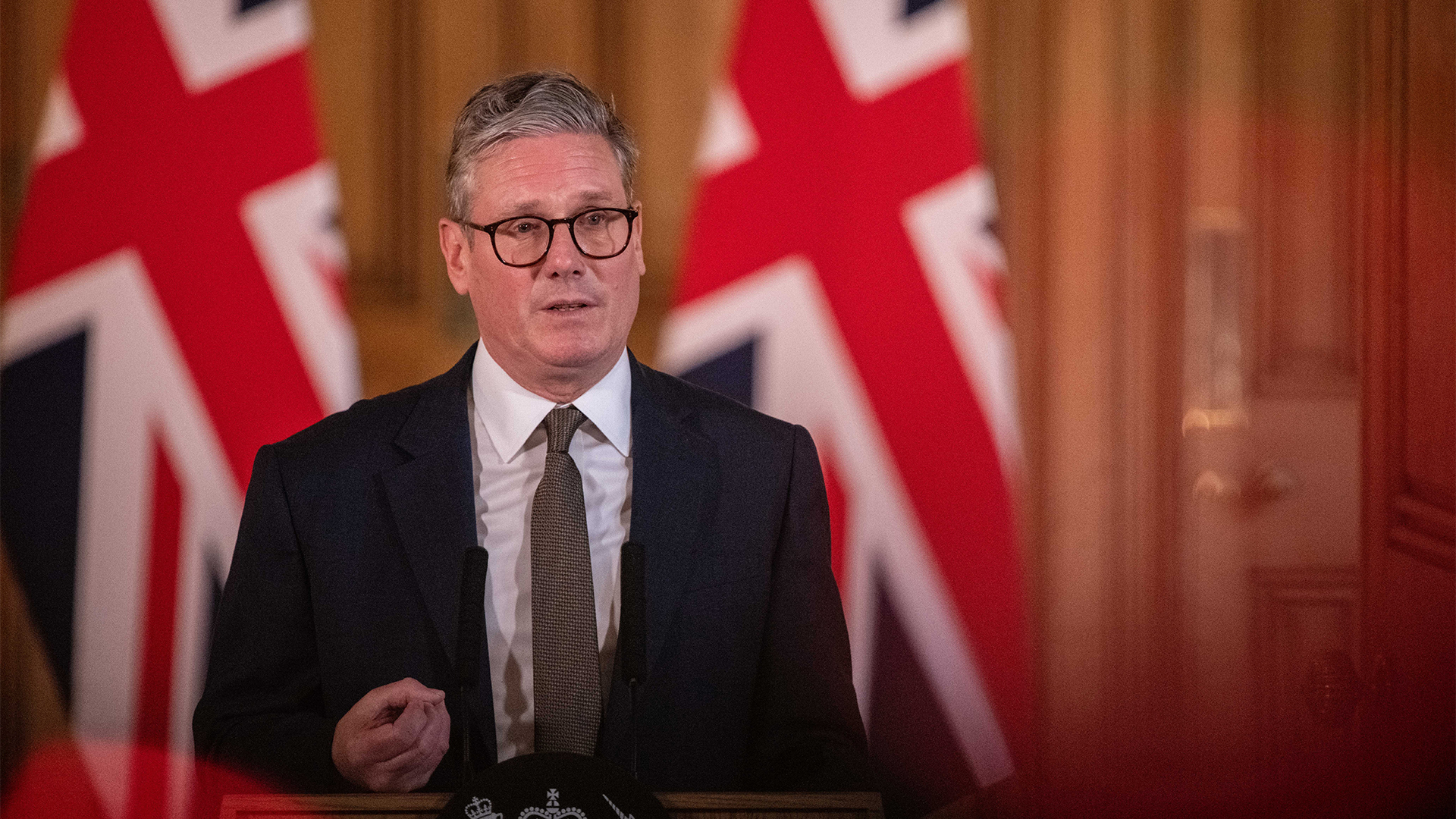 UK regions invited to apply for ‘AI Growth Zone’ status
UK regions invited to apply for ‘AI Growth Zone’ statusNews The UK government has opened up bidding for regions hoping to secure 'AI growth zone' status.
-
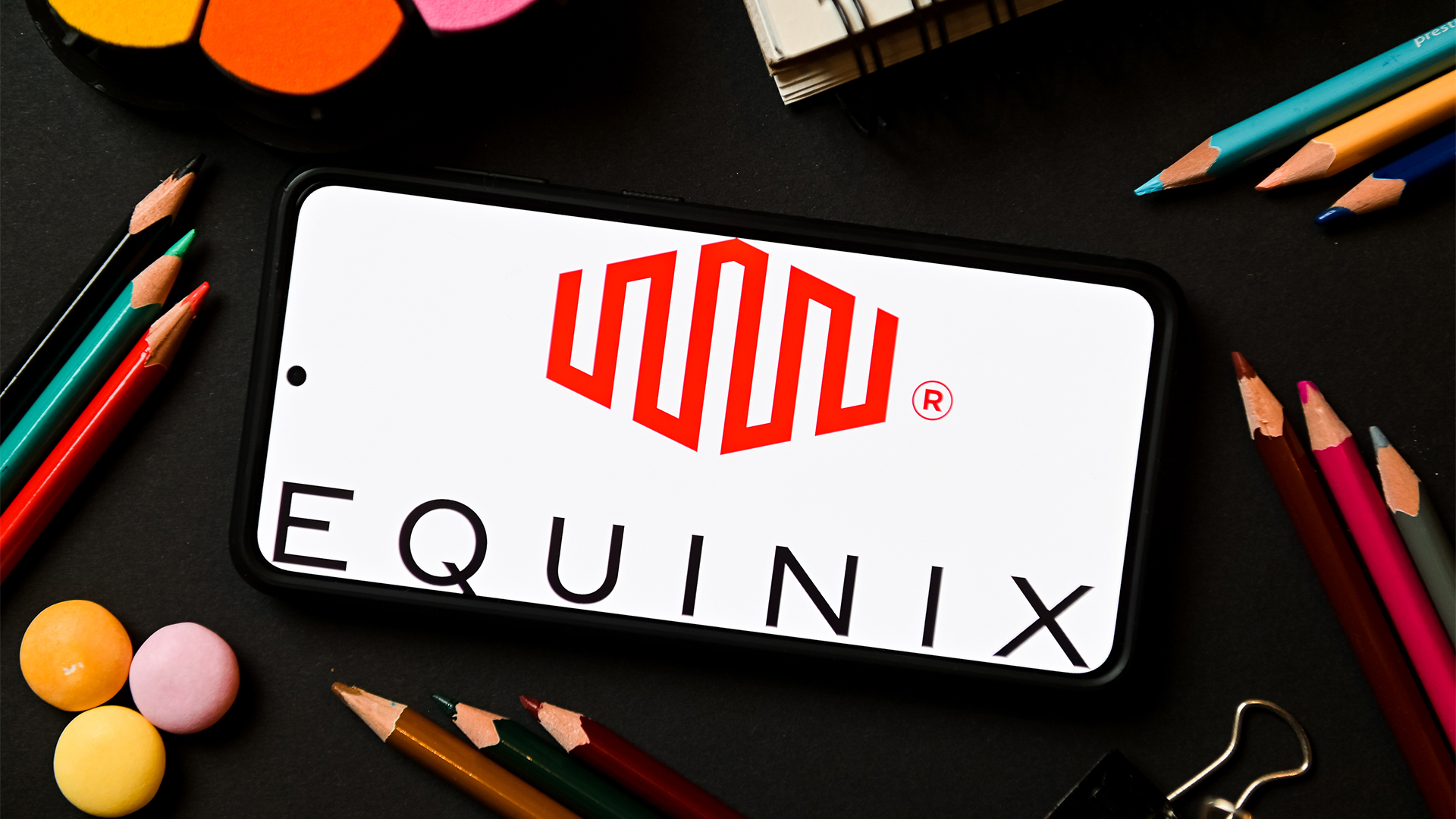 Equinix acquires BT's Irish data centers in €59 million deal
Equinix acquires BT's Irish data centers in €59 million dealNews As BT moves to an asset-light business model, Equinix looks to expand
-
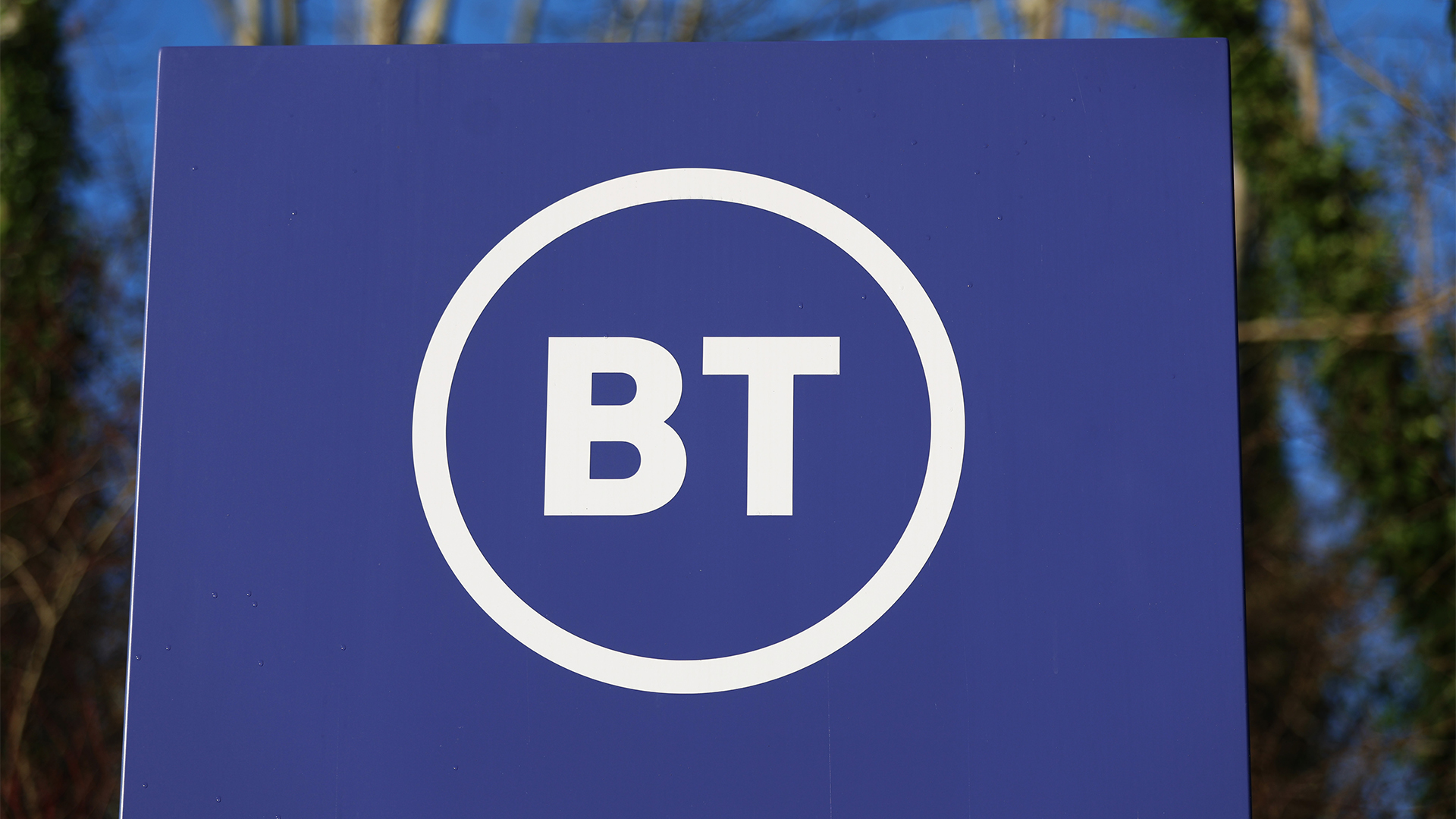 BT just extended the PSTN switch-off deadline — here’s what you need to know
BT just extended the PSTN switch-off deadline — here’s what you need to knowNews BT described the move as a “revision”, citing a series of improvements to the wider PSTN switch-off programme
-
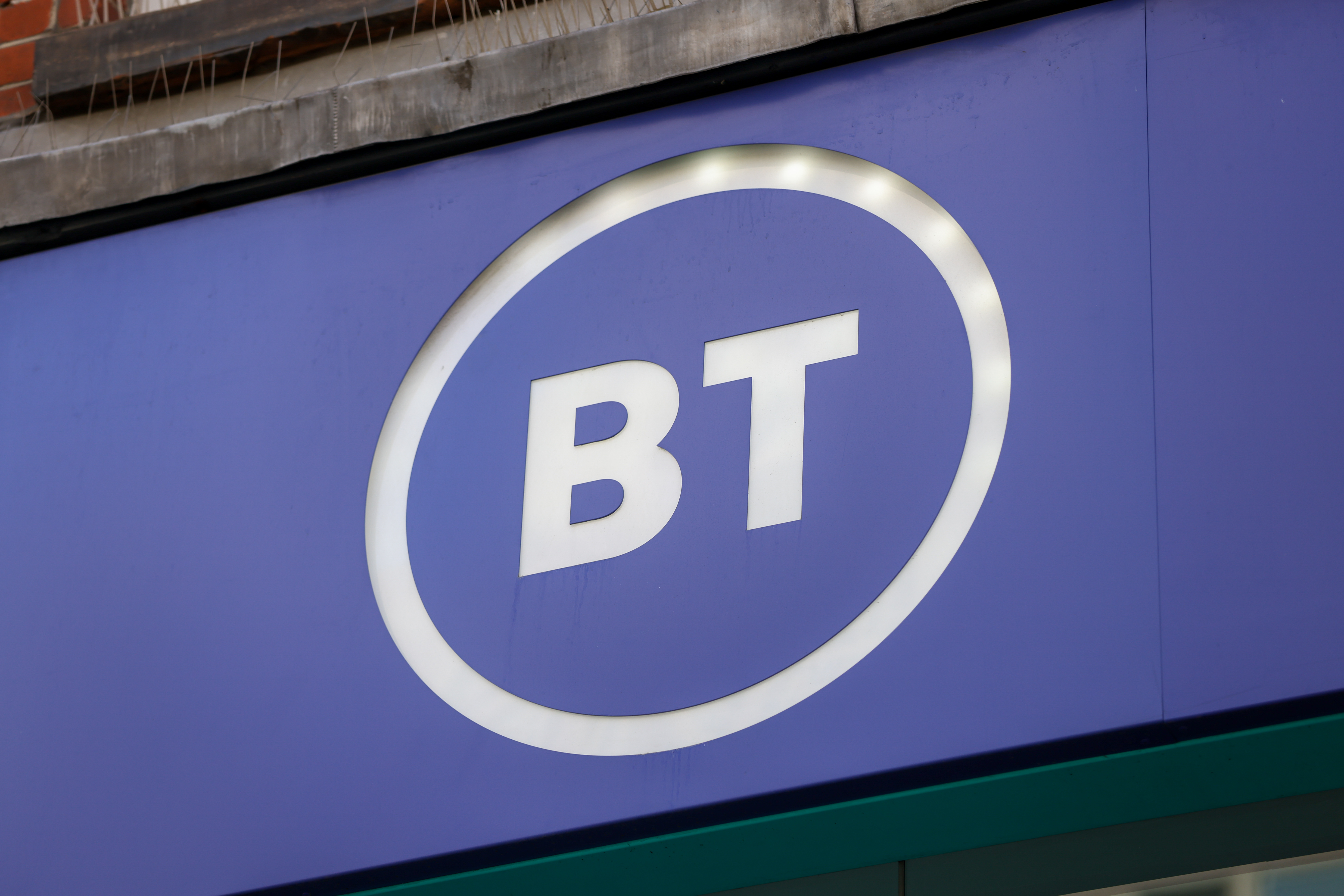 BT misses key Huawei kit removal deadline, but the telco is “almost over the line”
BT misses key Huawei kit removal deadline, but the telco is “almost over the line”News BT is still reliant on non-compliant Huawei equipment for 2G and 3G services
-
 BT partners with HPE to deliver new global managed LAN service
BT partners with HPE to deliver new global managed LAN serviceNews The latest collaboration combines BT’s connectivity expertise with HPE Aruba Networking’s latest LAN solutions
-
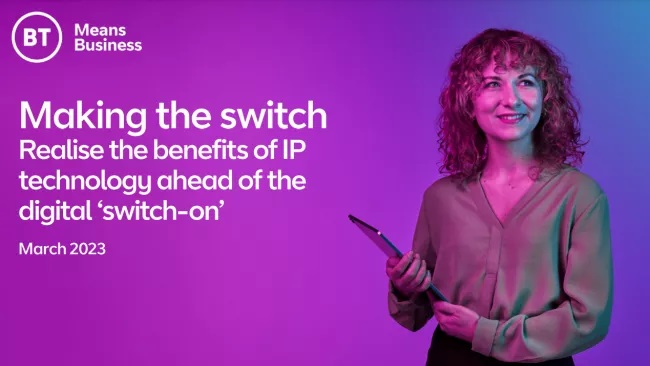 Making the switch
Making the switchWhitepaper Realise the benefits of IP technology ahead of the digital ‘switch-on’
-
 BT and OneWeb succeed in "game changer" satellite connection trial
BT and OneWeb succeed in "game changer" satellite connection trialNews Smaller businesses in rural areas could benefit from improvements to backhaul services using satellites, with speeds increasing by an order of magnitude
-
 “Botched government procurement” leads to £24 million Atos settlement
“Botched government procurement” leads to £24 million Atos settlementNews Labour has accused the Conservative government of using taxpayers’ money to pay for their own mistakes
